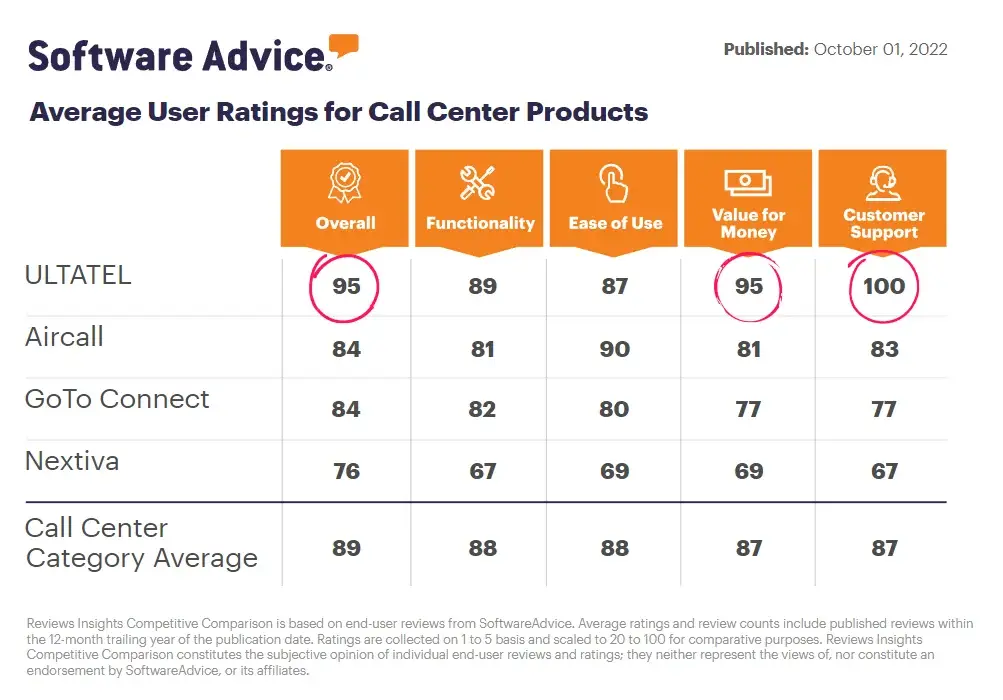What is a Virtual Phone System?
A virtual phone system is a type of phone system that uses cloud-based technology to provide businesses with a range of communication features, such as voicemail, call forwarding, and conference calling.
Unlike traditional landline or mobile phone systems, a virtual phone system is typically much more affordable and flexible, making it an ideal choice for organizations looking to take proper care of their inbound and outbound communications.
How Does a Virtual Phone System Work?
A virtual phone system works by routing calls through the internet instead of a traditional phone line. This means that businesses can have their virtual phone numbers anywhere in the world, and they can answer calls on any device with an internet connection.
On top of that, virtual phone systems provide a range of communication features that can be customized to meet the unique needs of any organization.
What Are the Benefits of a Virtual Phone System?
There are many benefits of using a virtual phone system for business, including a greater level of flexibility, increased efficiency, and lower costs.
For example, because virtual phone systems are cloud-based, businesses can access their communications anywhere and at any time.
They can also enjoy improved workflow automation and streamlined customer service, thanks to features such as call forwarding and conference calling. Plus, since a virtual phone system is often more affordable than a traditional landline or mobile system, businesses can save money on phone expenses.
What Are the Different Types of Virtual Phone Systems?
There are also two main types of virtual phone systems: cloud-based and VoIP-based. Cloud-based systems are usually managed through a web-based interface, while VoIP systems typically use software downloaded onto the user’s computer.
However, both offer similar features and pricing options, making it easy for businesses to choose the system that best meets their needs.









